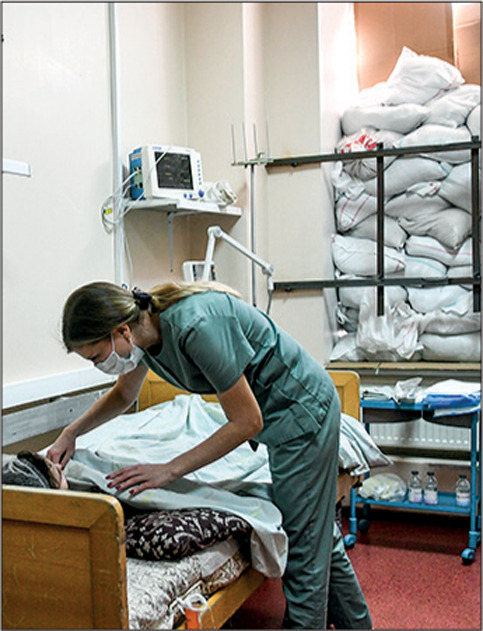This paper focuses on limiting food waste by measuring consumers' willingness to eat aging produce.
In this episode of The Lancet Voice, linked to SDGs 3 and 16, Oksana Pyzik joins Gavin Cleaver and Jessamy Bagenal to talk about the short and long-term health impacts of the conflict in Ukraine, and what happens next for those forced to flee.
The predicted future climate change can be expected to have an impact on the biogeochemical conditions in pit lakes that must be considered when modelling pit lake water quality. Climate change might e.g., affect temperature and precipitation patterns, which can influence other factors such as water balance, hydrology, limnology, and biogeochemical prediction
For Ukrainian pediatric cancer patients receiving care outside of their nation's borders on February 24, 2022, the Russian invasion of Ukraine compounded these problems.
An article on interventions for people with mild dementia, in the context of SDG 3, focusing specifically on the benefits and cost-effectiveness of the Journeying through Dementia intervention in England.
This article explores whether operations for carotid artery diseases reduce the risk of dementia.



